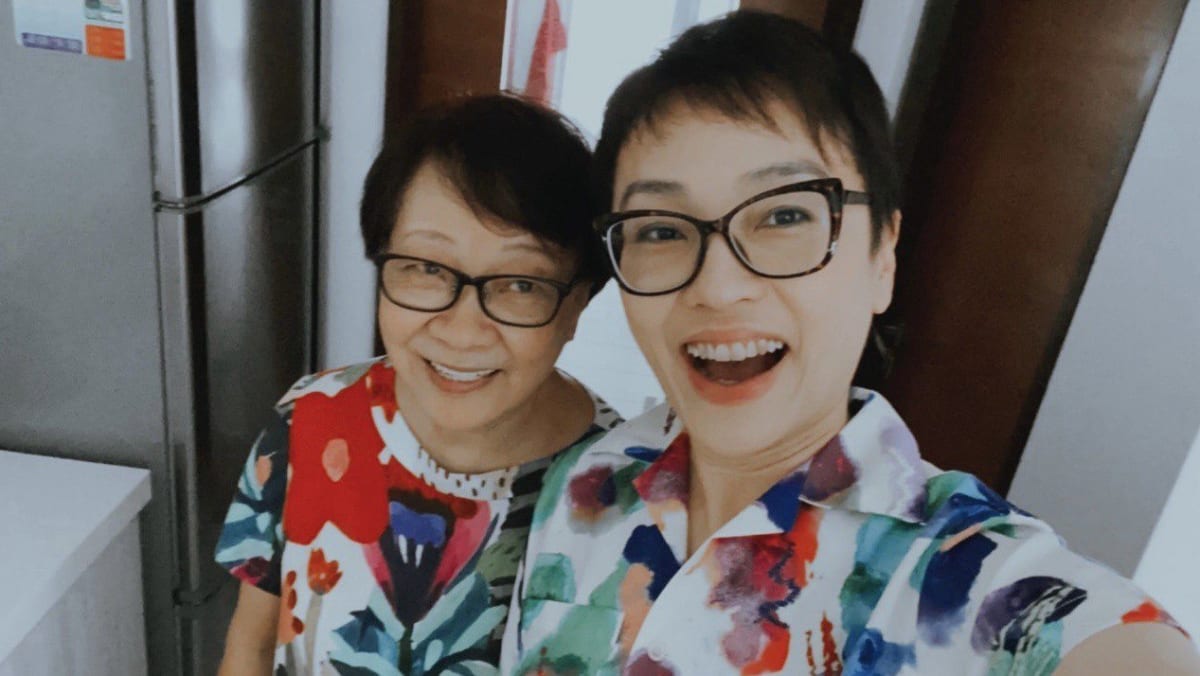When my father died in July last year, I found myself entering a new chapter with my mother we weren’t quite prepared for.
In those early days, there were bills to pay, probate paperwork to file, and endless administrative matters to sort through. We were practical, composed. But beneath that quiet efficiency was a grief that neither of us quite knew how to navigate.
My mum had leaned on my dad for over 52 years – emotionally, logistically, financially. After he died, I knew she would need support. I decided to move back home – not out of obligation, but instinct – after staying on my own for more than a decade.
We had always been close. While living on my own, I visited them every weekend. We spoke regularly – about what to cook, what to watch, what needed doing that weekend. The everyday kind of closeness.
But this was different. This was daily proximity, emotional weight, and the delicate challenge of staying present for someone else while holding space for your own sorrow.
Grief has a way of stirring all kinds of emotions. I found myself aching, not just for my dad, but for the quiet expectations that came with caregiving.
There were moments – small, sharp ones – when I wished my efforts were more seen, or acknowledged. I was grieving too. But in our family, love is rarely spoken aloud. It comes through doing – through meals prepared, errands run, presence offered. And I had to learn to accept that.
Still, we connected in small, significant ways. We sorted through photos, reliving old stories in silence. And then there was the day I took Mum for a walk at East Coast Park – her first visit there in years. I nudged her gently, hoping it might help lift her spirits, even if just for a while.
